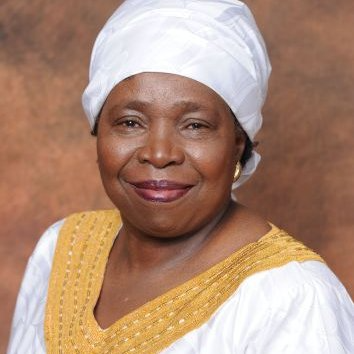
Nkosazana Dlamini-Zuma, Minister in the Presidency for Women, Youth, and Persons with Disabilities, has urged South Africans to observe International Down Syndrome Awareness Day on Human Rights Day. Down syndrome is a natural chromosomal pattern that has always existed. It occurs worldwide and affects learning styles, physical traits, and health.
Down Syndrome South Africa (DSSA) estimates that 1 in 500 South African babies have the condition. This indicates 1 in 600 children are born with down syndrome, a high occurrence. On March 21, 2024, International Down Syndrome Awareness Day coincides with Human Rights Day.
The Bill of Rights states: ‘The right to life is the most basic, the most fundamental, the most primordial and supreme right which human beings are entitled to have and without which the protection of all other human rights becomes either meaningless or less effective’, so the government urges South Africans to observe the day.
The South African Constitution prohibits disability discrimination. Disability discrimination is likewise prohibited by the Promotion of Equality and Prevention of Unfair Discrimination Act.
Protecting and promoting the human rights of persons with disabilities is an underlying principle in all the Articles of the United Nations Convention on the Rights of Persons with Disabilities.
Notably, Article 4 unambiguously commits States Parties to ensure and promote the full realisation of all human rights and fundamental freedoms for all persons with disabilities without discrimination of any kind, based on disability, and to protect all persons against violation of their human rights.
“There are still many misconceptions about down syndrome and those who have it. Observing the day will clarify some of the frequent stereotypes about down syndrome, including one that suggests children with down syndrome are born to older parents. We urge on stakeholders and roleplayers to work together and bring about an attitudinal shift that would provide clarification to some of the falsehoods.
“Persons with disabilities have the right to equal opportunities in all areas of life and have the right to be protected from exploitation and abusive or degrading treatment. They have the right to reasonable accommodation and environmental accessibility in the workplace. They have the right to live in a barrier-free environment and engage in communal life,” Dlamini Zuma said.
Leave a Reply